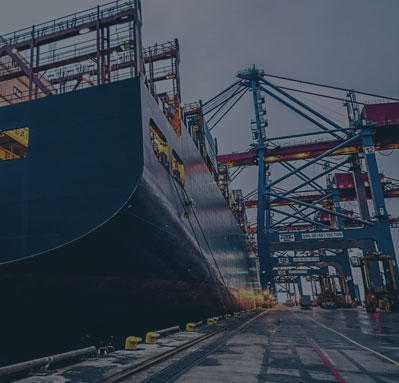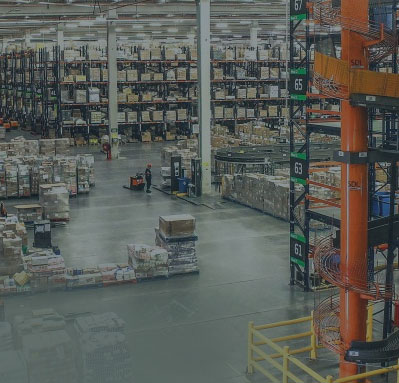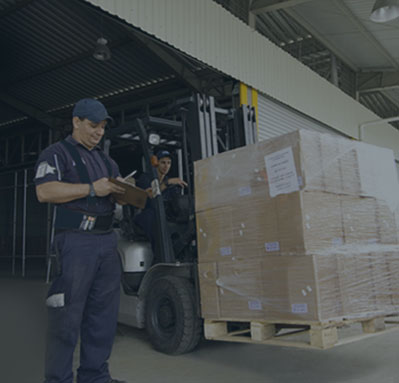The freight industry stands at the crossroads of global commerce and environmental sustainability. As the backbone of trade, ensuring the flow of goods across continents, its operations have a significant impact on the planet. The increasing awareness of climate change and environmental degradation has prompted a shift towards eco-friendly shipping practices. This article delves into the sustainable practices being adopted within the freight industry, highlighting the benefits and challenges, and exploring future directions.
The Urgency for Sustainable Shipping
Climate change and environmental preservation have become central issues for industries worldwide. The freight sector, responsible for a considerable portion of global carbon emissions due to its reliance on fossil fuels, is under increasing pressure to mitigate its environmental impact. The urgency for sustainable shipping arises from the need to combat climate change, reduce air and ocean pollution, and preserve ecosystems while meeting the growing demands of global trade.
Innovations in Fuel and Energy Use
One of the most significant areas of focus in eco-friendly shipping is the transition to alternative fuels and energy sources. Traditional shipping has relied heavily on bunker fuel, a major contributor to carbon emissions and air pollution. In response, the industry is exploring and adopting cleaner alternatives.
Alternative Fuels
Biofuels, derived from renewable sources such as plants and algae, are emerging as a promising alternative. They offer a significant reduction in carbon emissions compared to conventional fuels. Similarly, liquefied natural gas (LNG) is gaining traction due to its lower emission profile, reducing sulfur oxide and particulate matter emissions.
Electrification and Hybrid Systems
The adoption of electric and hybrid propulsion systems in ships marks a revolutionary shift towards sustainability. These technologies significantly reduce emissions and improve energy efficiency. Companies are investing in electric ships for short-sea shipping routes, while hybrid systems are being implemented for larger vessels, combining traditional engines with electric batteries.
Advanced Logistics and Operational Efficiency
Improving operational efficiency is key to reducing the environmental impact of shipping. Advanced logistics solutions, powered by digital technology, play a crucial role in optimizing routes, reducing fuel consumption, and minimizing emissions.
Route Optimization
Advanced navigation and routing software enable ships to calculate the most fuel-efficient routes, taking into account weather conditions and sea currents. This not only saves fuel but also reduces the overall carbon footprint of shipping operations.
Speed Optimization
Implementing slow steaming, where ships operate at lower speeds, has proven effective in reducing fuel consumption and emissions. Although it may increase transit times, the environmental benefits are substantial, making it a widely adopted practice in the quest for sustainability.

Regulatory Frameworks and Industry Collaboration
Governments and international bodies are implementing regulatory frameworks to promote eco-friendly shipping. The International Maritime Organization (IMO) has set ambitious targets to reduce greenhouse gas emissions from ships, aiming for a 50% reduction by 2050 compared to 2008 levels.
Collaboration for Sustainability
Achieving these targets requires industry-wide collaboration. Shipping companies, fuel suppliers, technology developers, and regulatory bodies are working together to develop and implement sustainable practices. Initiatives such as the Clean Cargo Working Group and the Sustainable Shipping Initiative are examples of collaborative efforts aimed at driving the industry towards a greener future.
Challenges and Future Directions
Despite the progress, several challenges remain. The high cost of adopting new technologies and fuels, the need for global regulatory consistency, and the technological limitations of current green solutions are significant hurdles. Moreover, the transition to sustainable practices requires substantial investment in research and development, infrastructure, and training.
Investing in Innovation
The future of eco-friendly shipping lies in continued innovation. Investment in research and development is crucial for advancing alternative fuels, improving energy efficiency, and developing new technologies that can meet the demands of modern shipping without compromising environmental sustainability.
Global Collaboration and Policy Support
Achieving a truly sustainable shipping industry requires global collaboration and supportive policies. Governments and international organizations must work together to create a regulatory environment that encourages innovation, supports the adoption of green technologies, and ensures fair competition.
Eco-friendly Shipping with Cargoline
Eco-friendly shipping is no longer an option but a necessity. The freight industry’s journey towards sustainability is marked by challenges, but the progress made so far is promising. Through innovation, collaboration, and supportive regulatory frameworks, the industry can continue to play a vital role in global commerce while significantly reducing its environmental footprint. The transition to sustainable shipping practices is not only beneficial for the planet but also for the long-term viability of the freight industry itself.
Cargoline’s dedication to eco-friendly logistics is evident in its proactive approach to sustainable shipping practices. The company sets an industry benchmark by integrating low-emission vehicles into its fleet and investing in carbon offset projects to mitigate the environmental impact of its operations. Moreover, Cargoline’s involvement in green logistics and support for sustainability initiatives underscores its commitment to pioneering a more eco-conscious path in the freight industry. By adopting these practices, Cargoline not only reduces its carbon footprint but also leads by example, encouraging a broader shift towards environmental responsibility within the sector.
Contact a member of our team to learn more about Cargoline’s shipping solutions.







